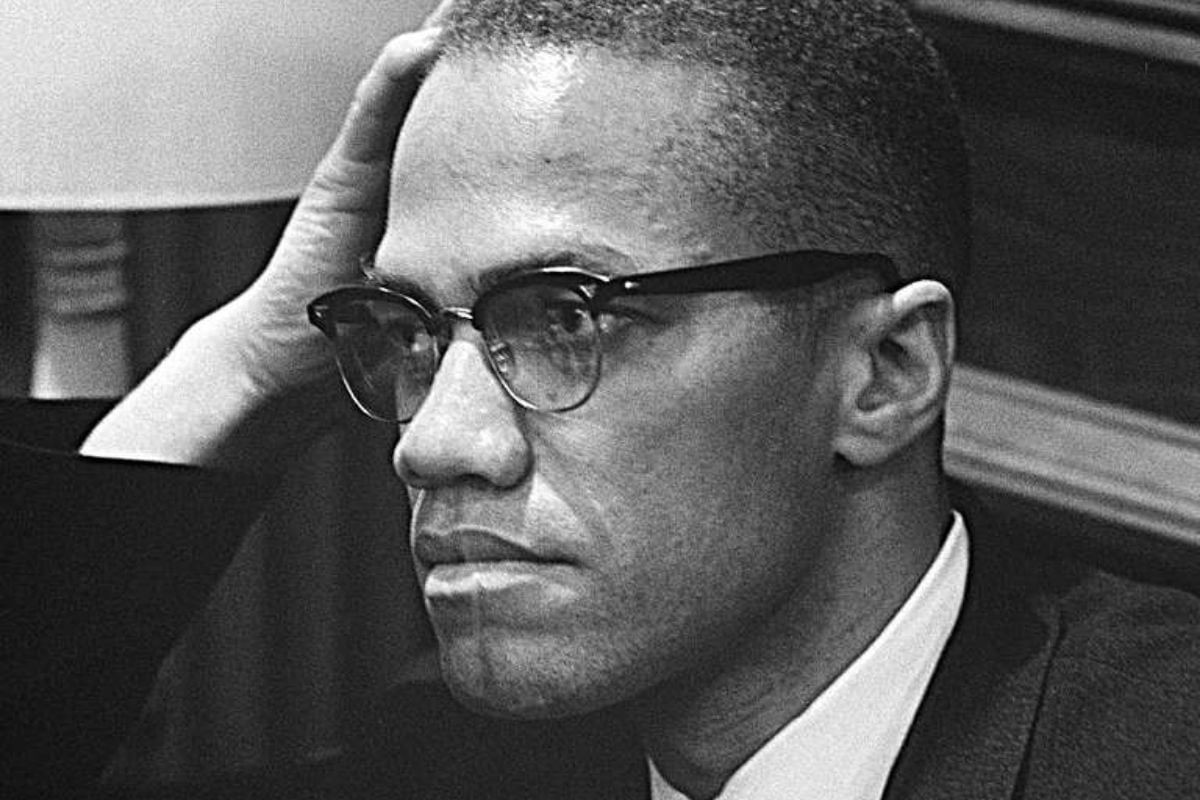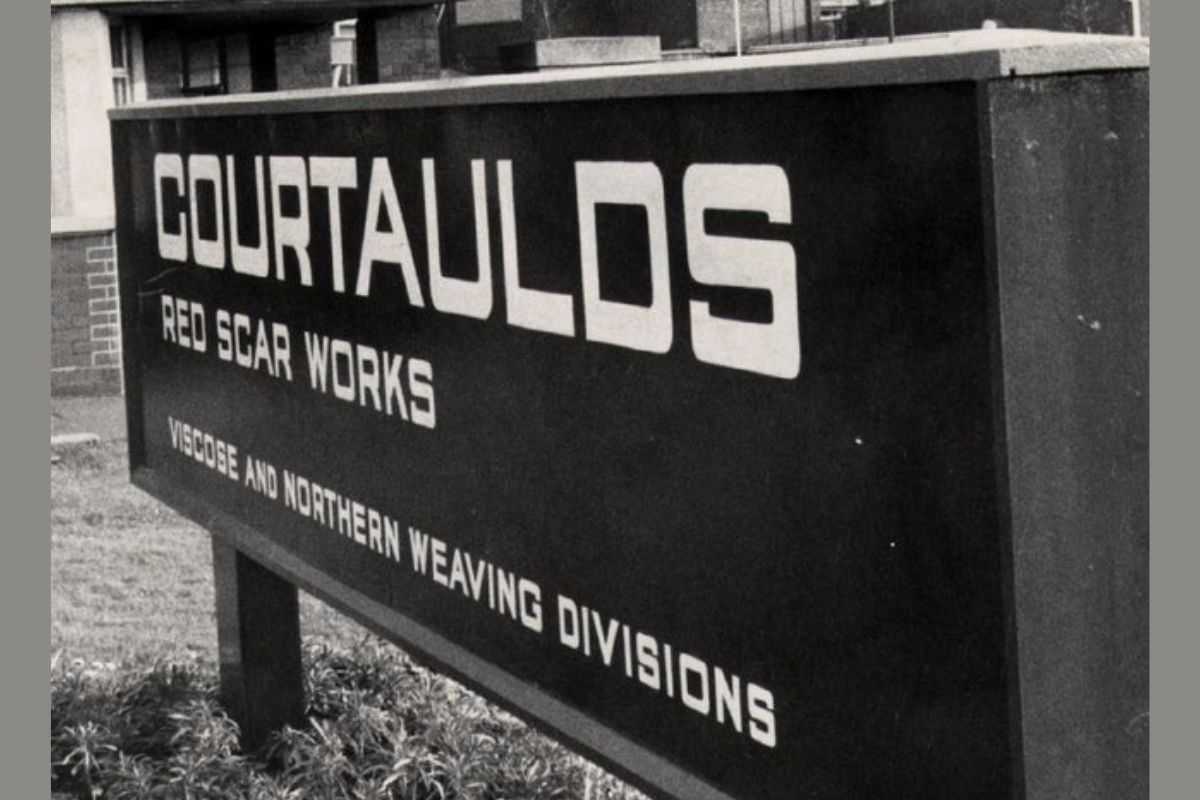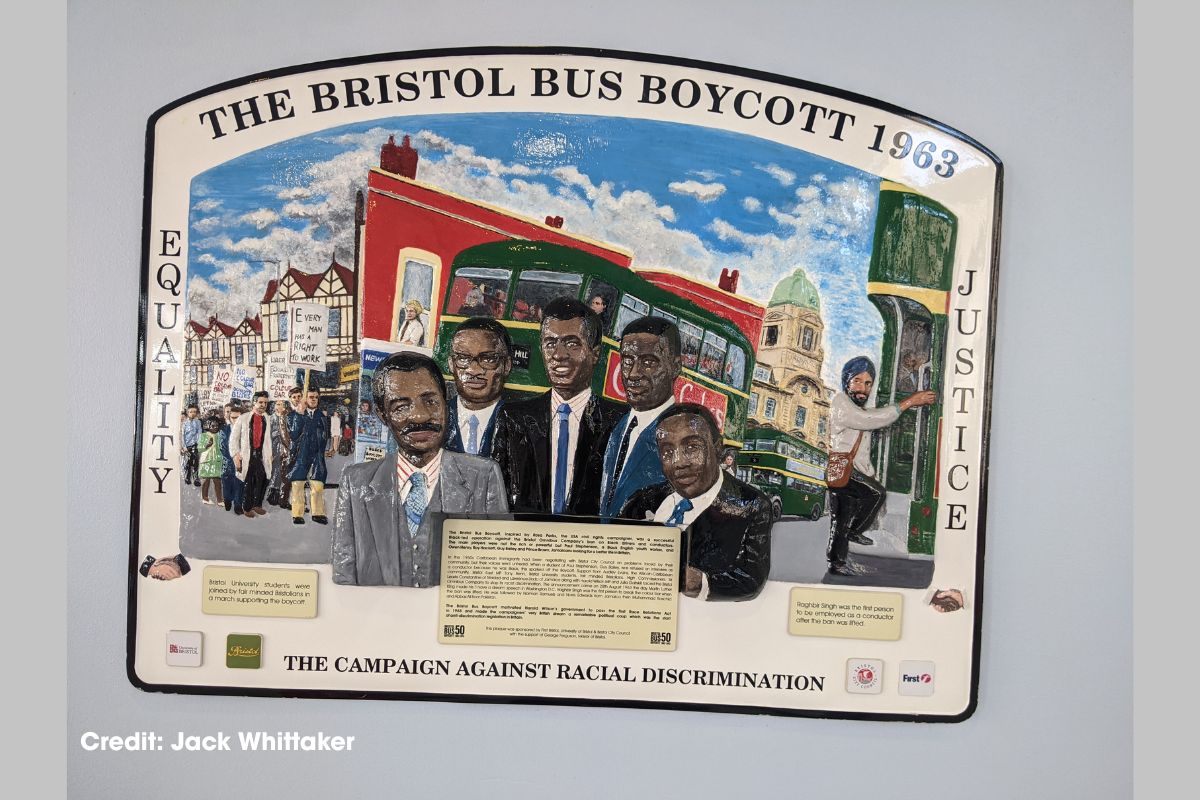A media storm has surrounded this year’s Oscars in Hollywood, as a result of the lack of ethnic diversity in the nominations for the acting categories. Similar criticisms have also been levelled at the Brit Awards, the main musical awards in the UK. Owen Walsh explores the question of diversity within the culture industry.
For two years running now the Academy Awards or “Oscars”, the most prestigious and popular awards ceremony in the cinematic calendar – which are taking place this Sunday – have completely neglected to nominate a person of colour in any acting category. As a result, a boycott has been organised, spearheaded by actor Jada Pinkett Smith, her superstar husband Will, director Spike Lee, and numerous other leading lights of black and liberal Hollywood. Accompanying a major celebrity outcry (and backlash from such notorious reactionaries as Clint Eastwood and Michael Caine) has been a Twitter buzz under the hashtag #OscarsSoWhite.
Similar criticisms have also recently surfaced in relation to the Brit Awards, which neglected to nominate any people of colour for the British artists’ categories.
As an absolute matter of principle, Marxists stand firmly on the side of the oppressed in the struggle for a society free of inequality, racism, and prejudice. But as revolutionaries, we must also ask: will greater ‘diversity’ of Oscar nominees do anything to improve the conditions for the vast majority of ordinary people from the most oppressed layers in society? Do leading black, female, or LGBTQ Hollywood stars really represent the interests of those who share their skin colour, gender, or sexuality? And what is really necessary to maintain, escalate and win the fight for adequate representation in film – and every other cultural medium – of black people and other oppressed minorities?
The context: crisis, capitalism, and class society
So far, the most high-profile attack on the #OscarsSoWhite protests from the left has come from self-styled ‘Blacktress’ Jane Hubert, best known as Will Smith’s co-star in the early seasons of his breakout TV show The Fresh Prince of Bel-Air. In a video published on her Facebook page, Hubert launches an impassioned attack on the hypocrisy of major stars such as the Smiths.
Hubert begins by comparing the significance of this injustice with other injustices of American (capitalist) society: “There’s a lot of shit going on in the world that you all don’t seem to recognise. People are dying, our boys are being shot left and right, people are hungry, people are starving, and people are trying to pay bills, and you’re talking about some muhfuckin actors and Oscars,” she apostrophises.
Hubert’s comments – which correctly contextualise #OscarsSoWhite in the broader picture of racism and inequality under capitalism – will have a wide echo amongst ordinary workers and youth, who will not see the question of which actors and actresses receive a prestigious award as the most burning issue in today’s rotten, corrupt, and crisis-ridden society.
Moving on from the question of its relative significance for most people, Hubert calls the Smiths out for what she identifies as the hypocrisy of their position. In the past, she claims, she was herself blacklisted for approaching Will Smith in an effort to organise and bargain a better deal for the actors in their hit show. Hubert claims that Smith responded derisively.
Hubert then, is drawing attention to an important point: that these protests are being led by figures in the ‘African-American community’ whose interests and experiences are not representative of the wider mass of people from oppressed backgrounds.
There is a profound difference between how these celebrities live and work and the realities of life for ordinary actors, culture industry workers, and the wider working class. Hugely popular, influential and rich entertainers such as the Smiths and Jennifer Lawrence (who is famous for highlighting the pay disparity between top male and female actors) have the great privilege of having legal teams who can re-negotiate their contracts, alongside access to popular media which means that any protestation they utter will have a great effect. Whilst they might help to improve the already swollen pay packets of those who make it onto the silver screen, they do nothing to help the thousands of aspiring actors and film workers who are struggling just to get a foot on the ladder in this highly competitive and exploitative industry.
At root, this is a class question. The film industry, like all other cultural and artistic platforms under capitalism, is dominated by the rich and wealthy. In Britain, for example, the current generation of high-profile actors is stuffed with those educated at Eton and other similar boarding schools, such as Eddie Redmayne and Benedict Cumberbatch. Similarly to the question of political representation within class society, those from the working class and from the poorest and most oppressed layers will always be excluded from having a voice or a chance to access the limited cultural opportunities that capitalism can provide.
The most important issue at the core of #OscarsSoWhite, therefore, should not be whether one rich Hollywood star gains official recognition over another. Instead, we must highlight the lack of wider representation in the media and culture of African-Americans, as well as those from other backgrounds, who feel especially strongly the great poverty of culture under capitalism because of its many exclusions. Millions of talented people are frustrated at inequalities in access to the means of cultural production, and these inequalities are merely being reflected and perpetuated by the whitewashed Oscars.
Moving on from the question of its relative significance for people, Hubert calls the Smiths out for what she identifies as the hypocrisy of their position. In the past, she claims, she was herself blacklisted for approaching Will Smith in an effort to organise and bargain a better deal for the actors in their hit show. Hubert claims that Smith responded derisively.
The road to equal representation, recognition and opportunity
 At root, the problem of the lack of ‘diversity’ within the film industry reflects the class nature of who owns, controls, and runs this industry. Under capitalism, cinema (not to mention music, theatre, television, etc. as well) is dominated by a few massive monopolies – film studios, such as Universal, 20th Century Fox, Disney, and Warner Bros., etc., who in turn are subsidiaries of giant multinational media corporations. These big film studios do not fundamentally care about representation or diversity within the industry, or about the quality and cultural merits of the movies they produce, but only about increasing the profits for their fat-cat owners and shareholders. The Oscars were created precisely to boost ticket sales during the “dead months” of January to March, i.e. after the Christmas period and before the spring upturn. Rewarding artistic achievement had nothing to do with them.
At root, the problem of the lack of ‘diversity’ within the film industry reflects the class nature of who owns, controls, and runs this industry. Under capitalism, cinema (not to mention music, theatre, television, etc. as well) is dominated by a few massive monopolies – film studios, such as Universal, 20th Century Fox, Disney, and Warner Bros., etc., who in turn are subsidiaries of giant multinational media corporations. These big film studios do not fundamentally care about representation or diversity within the industry, or about the quality and cultural merits of the movies they produce, but only about increasing the profits for their fat-cat owners and shareholders. The Oscars were created precisely to boost ticket sales during the “dead months” of January to March, i.e. after the Christmas period and before the spring upturn. Rewarding artistic achievement had nothing to do with them.
No amount of quota systems or similar tinkering will be adequate to achieve the full scale of change that is necessary in order to ensure that people from every background are recognised and valued; to guarantee quality roles for the innumerable talented people looking to enter the culture industries; and to ensure adequate access for all people to the necessary training and opportunities for a career in this industry. Instead, it is necessary to look beyond the capitalist system and its insatiable thirst for profits, and to fight for a full-scale transformation of society.
A central pre-requisite to equal access to film and culture for black people and other oppressed groups, therefore, is the ownership of the means of cultural production collectively, and their democratic administration by the workers in the industry themselves. Only then could the film (and music, television, etc.) industry be run in the interests of society, rather than for the profits of the few.
Combining this collective ownership with the benefits of a broader, publicly-owned and democratically planned economy, it would be possible to provide access to education and training in every field for people of every age and background. Such a programme would represent a stark break with the present situation, which is characterised by extortionate fees charged by prestigious schools for performing arts, alongside savage cuts aimed particularly at arts and humanities institutions as part of austerity programs. It would be a profound contrast to the crocodile tears shed recently by David Cameron over black under-representation at top universities.
Furthermore, under a socialist plan of production it would be possible – through automation and other labour-saving techniques – to free more and more people from unappealing and burdensome work, and allow the vast majority to enjoy and participate in cultural life more fully. Far from making human life ever more undervalued, technological development would be turned into its opposite: a weapon in the arsenal of human emancipation.
Finally, these measures would be combined with a thoroughgoing war against prejudice and racism, which under capitalism serve to degrade the life and labour of some people as opposed to others, thus dividing and stratifying the working class. A mass movement based around a socialist programme of class-based demands, however, would cut across all divisions of race and gender, uniting all the oppressed and exploited against the capitalist system that is responsible for fomenting reactionary and bigoted ideas. The resolution of the many issues raised by the #OscarsSoWhite protests can therefore only be solved ultimately by posing socialist tasks for the labour movement and all those wanting to fight racism, prejudice, and inequality.
- Link the battles for cultural representation with the battles of the labour movement, and the campaign for free, universal education!
- Expropriate the big monopolies in the culture industry under democratic workers’ control and management!
- Workers of all races and genders: unite and fight against capitalism and for a socialist alternative!






